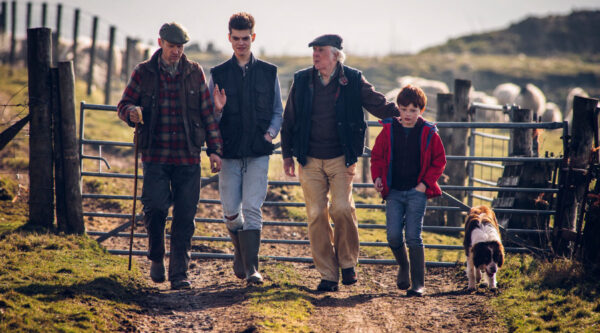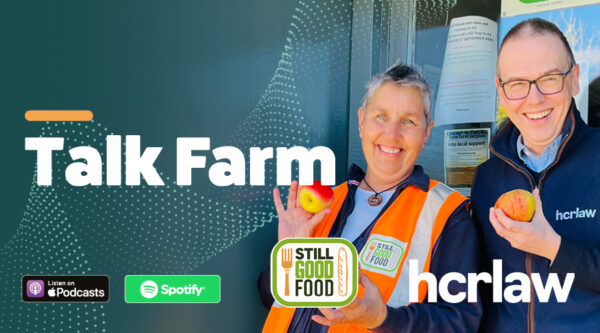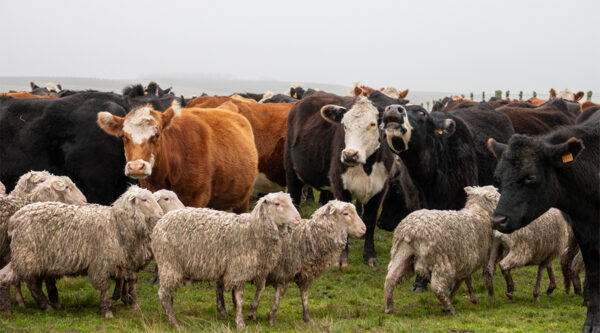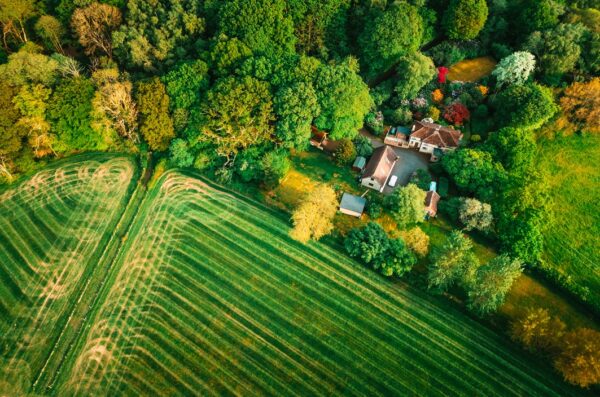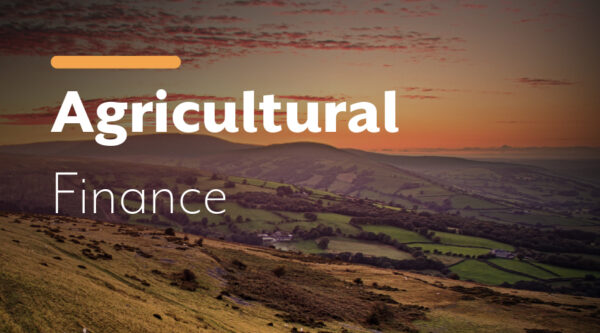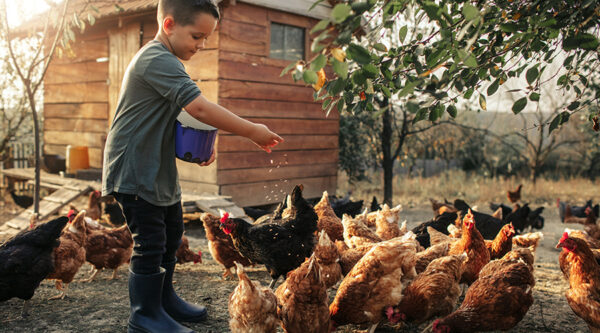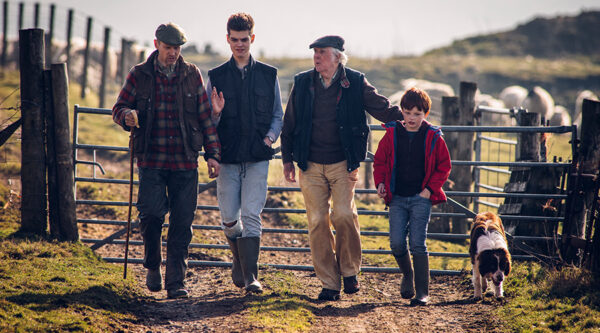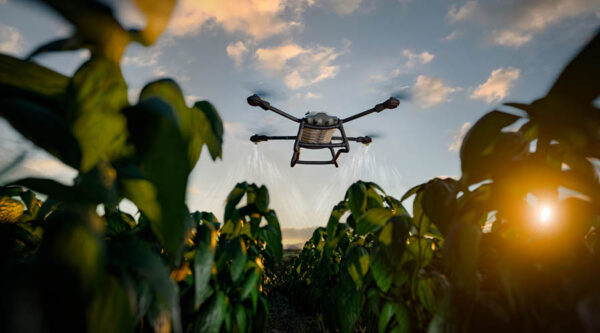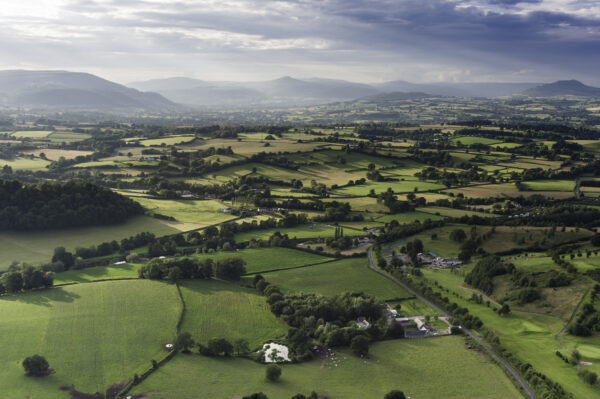
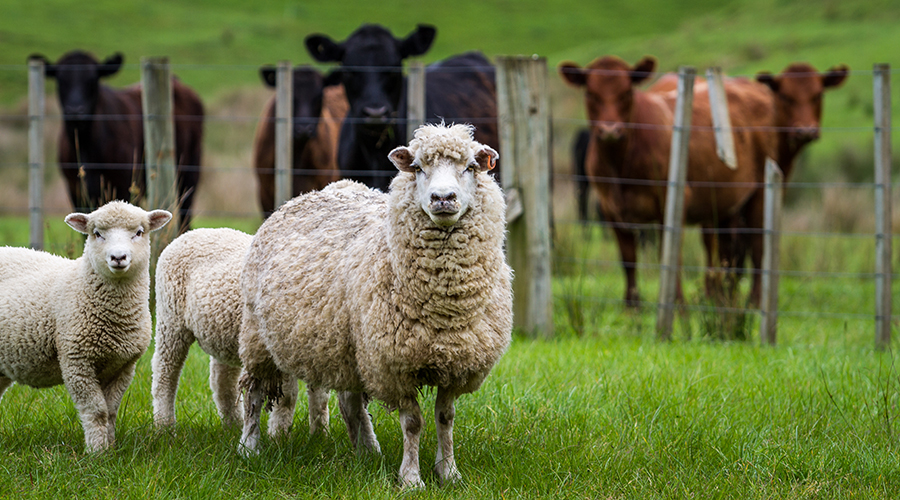
As most people in the agricultural industry will be aware, Bluetongue virus (“BTV”) is a midge-borne disease affecting domestic and wild ruminants—sheep, goats, cattle, deer and camelids.
Although not contagious between animals, it poses serious welfare risks and economic impacts, with evidence suggesting that the current strain (BTV-3) can lead to mortality rates in sheep of up to 70%.
Legal framework
Wales enforces bluetongue controls under The Bluetongue (Wales) Regulations 2008. These regulations empower the Welsh Government to declare disease zones, mandate licenses, tests, movement controls and, if necessary, compulsory vaccination programmes.
Wales’s current control policy for bluetongue
From 20 June 2025, the Welsh Government introduced controversial measures against BTV-3, prohibiting livestock freely entering from England’s Bluetongue Restricted Zone (RZ). From 1 July 2025, this restricted zone now covers the whole of England. While movements within Wales remain unrestricted, any susceptible animals “coming to live” in Wales from the restricted zone must hold a valid movement licence and a negative pre-movement test, or in the case of cattle, a full course of vaccination at the keeper’s expense.
What does “coming to live” mean?
According to APHA guidance, “coming to live” means livestock destined to remain on a Welsh holding for a substantial period or permanently —e.g. for breeding, feeding, grazing or milking. It doesn’t include livestock being sent to slaughter, for a show or purely in transit.
How do the new bluetongue measures affect animals travelling for slaughter?
Unlike live movements, animals travelling directly to designated slaughterhouses in Wales from the restricted zone need neither a specific licence nor a pre-movement test. They must, however, comply with a general licence: insecticide treatment, daylight travel windows, and slaughter within 24 hours.
What restrictions apply to animals coming to shows and to market?
It’s clear from APHA guidance, updates from livestock markets, and the highly publicised decision by the Royal Welsh Show to ban livestock from England and Scotland, that the control measures in Wales are being interpreted as applying to movements to shows and to movements to markets when animals are then taken directly to slaughter.
In both cases, these animals are not “coming to live” and therefore the current wording of the Welsh Government policy doesn’t support or require this restrictive interpretation.
What are the key factors for farmers to consider regarding bluetongue?
- Cost implications: All tests are at the keeper’s expense, increasing trading costs and administrative burden
- Planning: Early veterinary sampling, prompt licence applications, and clear communication with APHA are vital
- Record-keeping: Maintain copies of licences, test results, and vaccination certificates.
